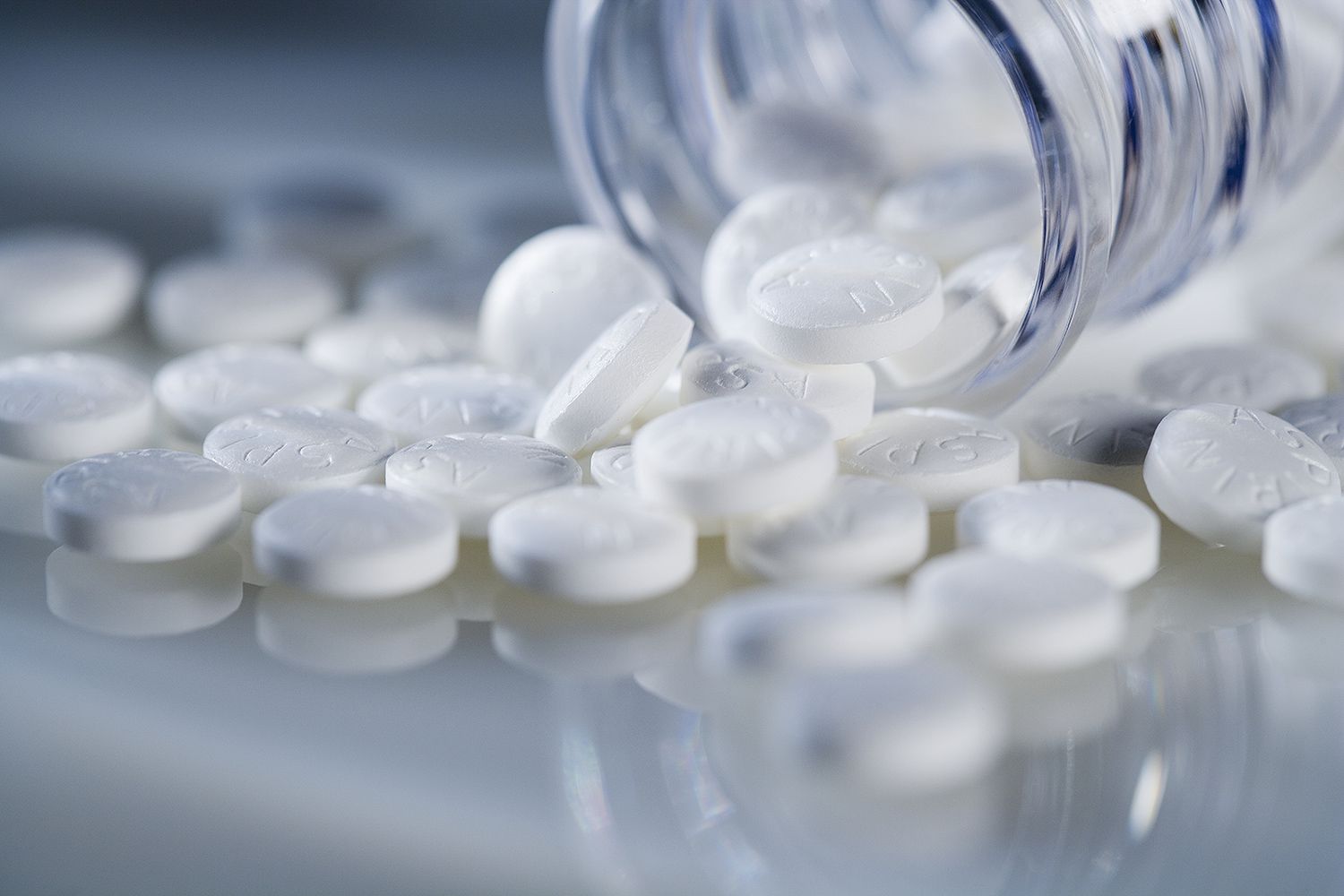Taking Low-Dose Aspirin Can Reduce the Risk of Severe Illness or Death in COVID Patients: Study

Giving COVID-19 patients aspirin, the low-cost, readily available, over-the-counter drug, can reduce their need for intensive care and their risk of death, a new study found.
According to researchers at George Washington University, COVID-19 patients who went to the hospital and were given aspirin within 24 hours of their admission or in the seven days before were less likely to need to go on a ventilator, spend time in the intensive care unit, or die from the virus.
For the study, published in the journal Anesthesia & Analgesia, the researchers analyzed the records of 412 COVID-19 patients at multiple U.S. hospitals between March 2020 and July. Of those patients, 24% were given or previously took aspirin, while 76% did not. Those who had the drug were 44% less likely to go on a ventilator, 43% less likely to need to go to the intensive care unit, and 47% less likely to die in the hospital.
The researchers said that they were interested in aspirin use in COVID-19 patients because the drug works as a blood thinner, which can help prevent blood clots, a common problem in people with severe cases of the virus.
"The reason why we started looking at aspirin and COVID is because in the spring we all realized that all these patients started to have a lot of thrombotic complications, or a lot of blood clots that have formed throughout their bodies," Dr. Jonathan Chow, assistant professor of anesthesiology and critical care medicine at the George Washington School of Medicine and Health Sciences, told CNN. "That is why we thought that using an antiplatelet agent, or a blood thinner, like aspirin, might be helpful in COVID-19."
The promising results from aspirin use are particularly helpful because the drug is inexpensive, especially compared to other COVID-19 treatments like remdesivir or antibody cocktails like the one from Regeneron that was used to treat former president Donald Trump.
The study results are in line with past research on COVID-19 and aspirin use, and the researchers said their findings "provides the basis for a larger study, which will be needed to confirm our findings."
As information about the coronavirus pandemic rapidly changes, PEOPLE is committed to providing the most recent data in our coverage. Some of the information in this story may have changed after publication. For the latest on COVID-19, readers are encouraged to use online resources from the CDC, WHO and local public health departments. PEOPLE has partnered with GoFundMe to raise money for the COVID-19 Relief Fund, a GoFundMe.org fundraiser to support everything from frontline responders to families in need, as well as organizations helping communities. For more information or to donate, click here.
Source: Read Full Article
